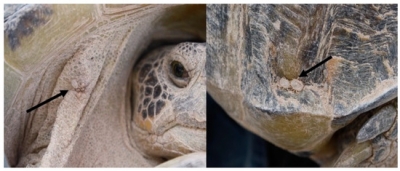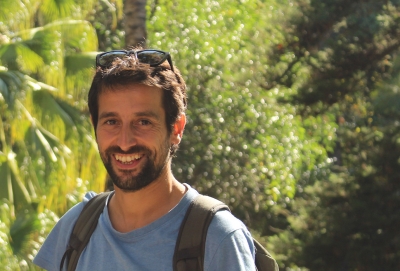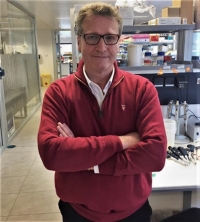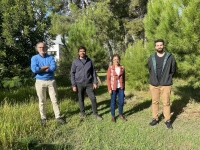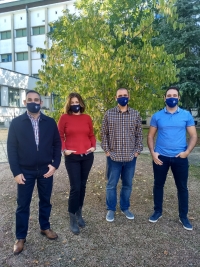Researchers identify the bacteria that can make the Bolson tortoise become ill
Escrito por UCC+iThe Bolson tortoise is a species indigenous to the Chihuahua desert in Mexico and is endangered. This research could help with conservation strategies for this species.
The invasive species that Europe needs to erradicate most urgently are identified
Escrito por UCC+iAn international research team analyzed the risk impact and the effectiveness of possible erradication strategies for invasive species already in the region as well as those that have yet to arrive
New molecules derived from cannabidiol are designed with more potent antioxidants
Escrito por UCC+iThis could be used in treating skin diseases such as atopic dermatitis and epidermolysis bullosa, as well as in the fields of cosmetics and nutrition
Digitalization will have a profound impact on the rural world
Escrito por UCC+iProject DESIRA aims to understand the social and economic impacts of new technology on forest, agricultural and rural sectors and what possible future scenarios will look like
A more resistant material against microorganisms is created to restore cultural heritage
Escrito por UCC+iThe study was performed by a research team at the University Research Institute into Fine Chemistry and Nanochemistry at the University of Cordoba and Seville's Institute of Natural Resources and Agrobiology of the Spanish National Research Council
Gèant Project | A network to interconnect European research
Escrito por UCC+iThe Géant project provides European educational and research communities with the necessary connectivity to share, access and process large volumes of data


